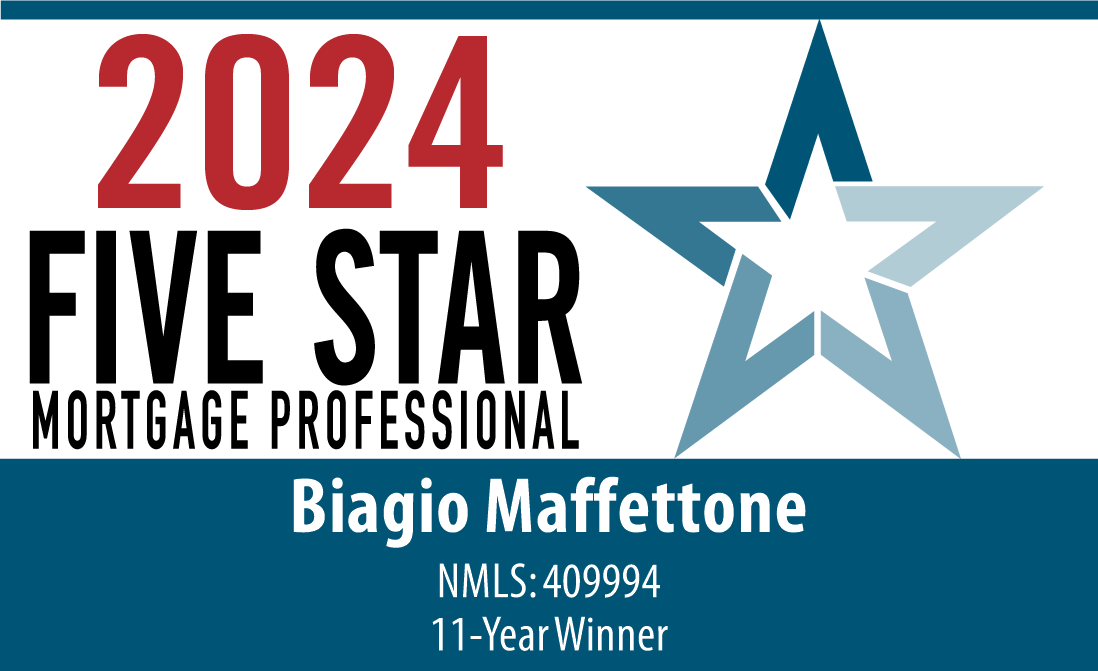6 Do's & Don'ts of Getting a Mortgage

DO: Work with a licensed mortgage originator to get better financing options
There are hundreds of banks and lending institutions out there. What an experienced loan originator offers, besides knowledge, are choices and flexibility. A good loan originator can evaluate your property purchase plans, analyze product options that best fit your needs, and help you obtain the best possible loan terms.
DON’T: Quit or switch jobs during the homebuying process (without first speaking to your mortgage professional)
For mortgage banks, lending money is all about risk analysis. Borrowers need to demonstrate steady employment and the ability to consistently meet their monthly
payment obligations. In fact, most lenders won’t consider variable earnings (e.g. bonus, commissions, overtime, etc.) from a newer job when evaluating your borrowing power, and they will verify your employment status within 24 hours of closing. If you quit your job before the closing, your deal could be in jeopardy.
DO: Get pre-approved for a mortgage before making any offers
There are two reasons you should get a pre-approval letter. First, it will give you a clear idea of how much you can borrow, so you don’t waste time touring and making offers on properties you may not qualify for. The second reason is that it will make any offer you submit more competitive, because it shows the seller that your qualifications have been reviewed and vetted, thus giving them more confidence in accepting your offer.
DON’T: Open, close or max out any of your credit accounts
A credit score is a reflection of your credit-worthiness (i.e. how risky it is to lend to you). The higher your score, the lower the risk and therefore the potential for a lower interest rate. Here are two things you can do to achieve and maintain a high credit score: first, utilize a low percentage of your available credit and second, make on-time payments.
You can negatively impact your credit score when you use too much credit, miss payments, open new credit accounts (due to hard inquiries) and close accounts (because it lowers your available credit).
DO: Have your records in order and keep up with the process
Being organized and responsive is the best thing you can do during the mortgage
process. Your mortgage lender will ask for essential underwriting documentation, so
keep things moving by providing all the necessary paperwork and information as quickly as possible. There are many steps between an accepted offer and closing. Hitting that close date often comes down to how well the borrower fulfills their obligations to the
process.
DON’T: Make large, undocumented bank deposits
Getting approved for a mortgage is as close as many people come to being audited. That’s because of how much due diligence is required of lenders, especially after the 2008 financial crisis. They must document your assets and where they come from in detail, and large deposits outside of your employment wages – especially cash – will hold up the underwriting process. Keep a clear paper trail, even for family gifts, and be able to demonstrate where all money is coming from (and going). If you’re
self-employed, a best practice is to keep your personal and business banking separate.
About Biagio P. Maffettone
Biagio P. Maffettone is Vice President of Sales for Meadowbrook Financial Mortgage Bankers Corp and a Licensed Mortgage Loan Originator (NMLS ID 409994). Over more than two decades, he’s built an award-winning practice as a licensed mortgage loan
originator, sales manager, and real estate financier with New York’s leading mortgage banks. He is an expert in home financing solutions, including jumbo financing, condo/co-op, new construction, first-time homebuyer, renovation, foreign national,
commercial, bridge financing/hard money, fix-and-flip, cross collateralization, and FHA/VA loans.



